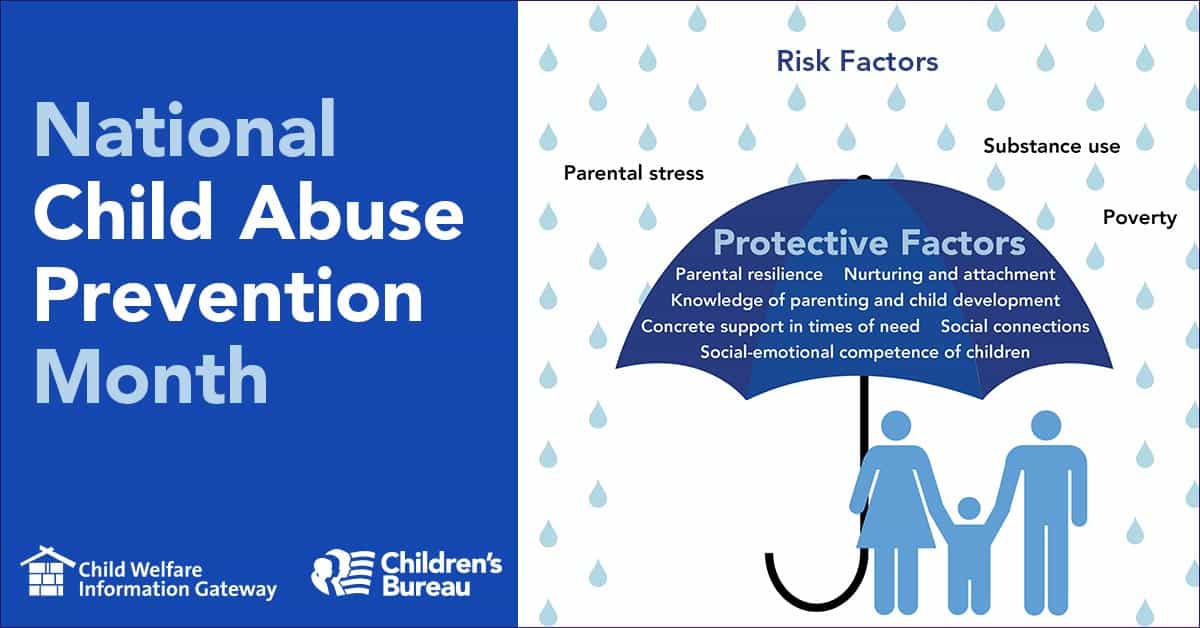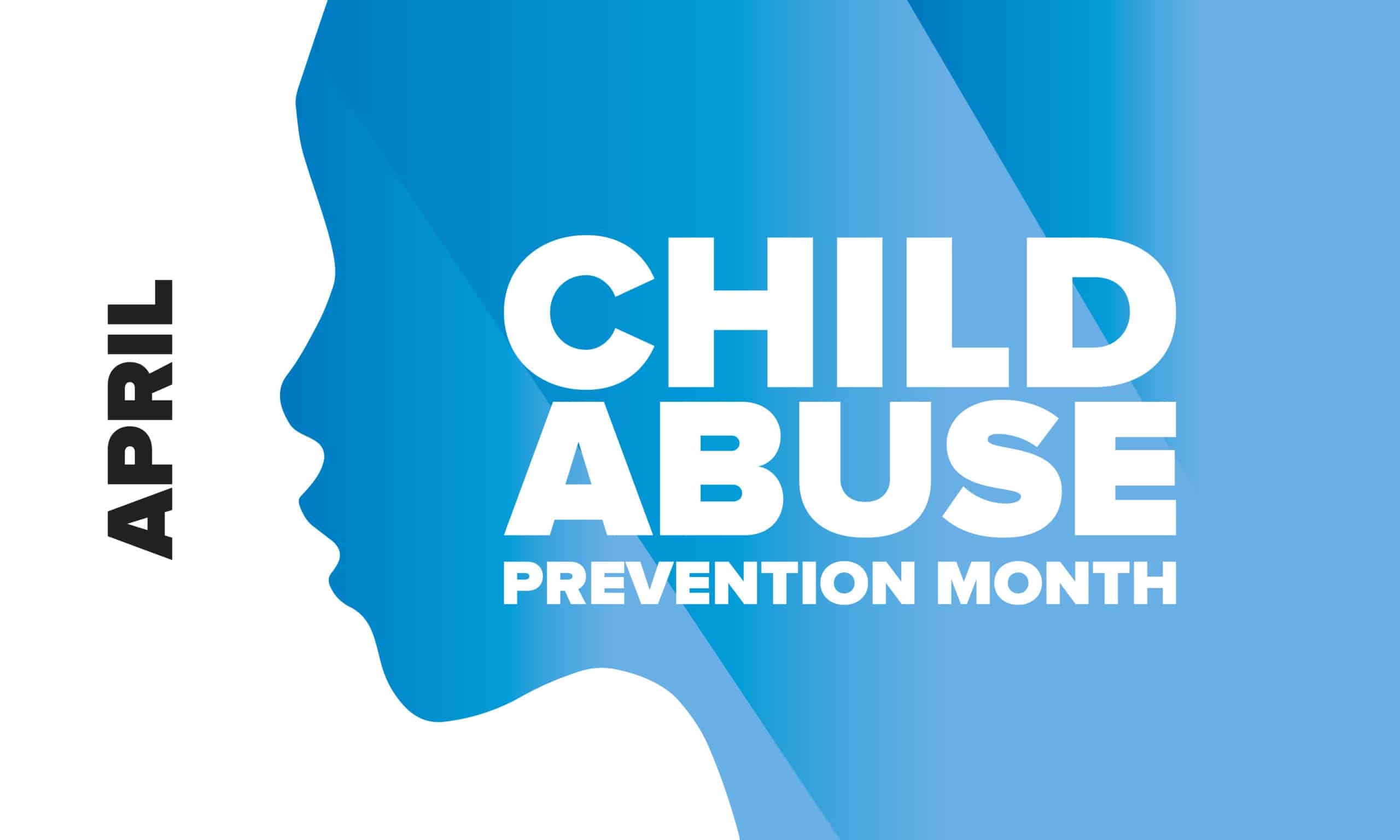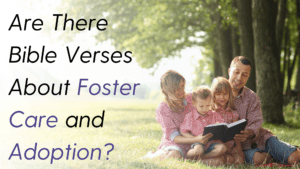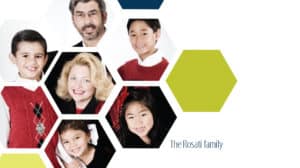Child abuse is not something we want to think about or even talk about. Let’s face it, child abuse is horrific and makes us cringe. I can barely think of someone hurting one of my children or grandchildren. Just the thought of it makes my stomach uneasy. However, just because it’s uncomfortable and not somewhere we want to go doesn’t mean we can avoid it.
Firsthand Knowledge
I know firsthand the lifelong impact of child abuse. My husband of 42 years experienced significant abuse and neglect during his early years. It marked his growing up, then God called him into His marvelous light, creating a healing work in his heart, mind, and body. Because of God’s merciful healing, my husband and I were able to parent from a place that didn’t include abuse or neglect.
We prioritized a calm and nurturing home environment. Notice I said it was a priority which means we were intentional, not perfect. One way we were intentional was to make sure that if one of us became too stressed, we could tag out of the moment and rely on each other to step in. This can be pivotal to preventing child abuse in the moment. Child abuse can occur when we become stressed or because of our personal histories of how we were abused. Thus, when we know better, we can do better.
We Need to Talk About It
If you are a parent, grandparent, aunt, uncle, teacher, or your life intersects with children in any way, you must think and talk about child abuse. Our children need and deserve lives free from violence, abuse, and neglect. Let’s explore what we can do to elevate this topic in our lives because we love children and want to protect them.
What is Abuse?
Let’s start our exploration with what abuse is and what it is not. The definition of child abuse (as stated by www.childwelfare.gov) is:
- “Any recent act or failure to act on the part of a parent or caretaker, which results in death, serious physical or emotional harm, sexual abuse or exploitation”; or
- “An act or failure to act which presents an imminent risk of serious harm.”
It Touches All of Our Lives
When others find out that I am a social worker, they often ask me questions about child abuse and neglect. I find that most people think child abuse is something that happens to others, and they are not affected by it. And the reality is that it touches all of our lives. We can’t take a pass; we need to be aware of child abuse so that we can be intentional about preventing it. It starts with our awareness.
Child Abuse Prevention
Child abuse prevention requires our increased awareness. The first thing to be aware of is our emotional state. In interacting with children, we need to be sure that we stay calm and regulated. If we are calm and regulated, we are less likely to react from a heightened emotional state—you know what I mean—when your frustration bubbles over, and you begin yelling. That is definitely not our best self or God’s plan for parenting. Not only do we need to look at ourselves as parents, but we also need to think about how we can protect our vulnerable children.
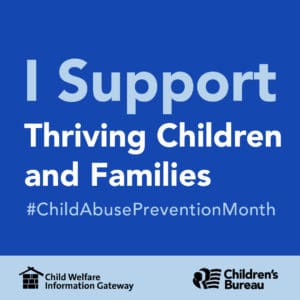
For example, twice in the past several years, I’ve reported abusive situations that I observed in public spots. I felt compelled to report because if an adult were that abusive in public, I was fearful about what was happening in their own homes. My goal was never to blame parents; rather, it was and still is to protect children. The stakes are too high—we must speak up. Another time, I intervened when I saw a parent losing it, using grace and empathy, so the parent didn’t feel judged or shamed. Sometimes all that needs to happen is to interrupt the emotional duress being experienced so the adult can find their equilibrium again.
Prevention Starts with Us
Not only does child abuse prevention start with us, but it should expand to those around you. You can and should build awareness with your friends, family, small group, or your pastor. It seems that most people want to protect children, yet they don’t know how. Start with who and what you can influence. For example, teach the children in your life how to use their voice and how to respond in a crisis. The goal is not to build fear or anxiety in the child. Rather, you are helping them know how to be safe. Additionally, we need to be aware and watch for any changes in children’s behaviors or attitudes because that might be an indication of child abuse. Be tuned in and sensitive to any behaviors that might indicate your child is stressed out. Follow up if you notice anything.
What to Look For
While their behaviors may be attributed to something other than child abuse, we need to explore what is happening so we can protect our precious children. Another key factor to look for is language or an understanding beyond your child’s developmental age. Examples might include using sexual language, acting out sexually, using words they never used before or are found searching for, or watching explicit videos. Talk to someone else if you experience any doubts, fears, or anxieties about your child’s wellbeing. You can’t afford not to question and explore; your child’s wellbeing may depend on it.
Speak Up
We are not to live in fear; if you see something that doesn’t seem right, don’t hesitate–reach out and report. I will never regret the times that I stepped in; maybe I will help to create the impetus for a parent to get the help they need to parent safely. Speak up—let’s use our voices together and talk to our pastors, ministry leaders, and anyone who will listen. Let’s face it–children often don’t have a voice, so we need to be their voice. Be vocal as a child lover and protector, as a community member, and because as Matthew 25:40 states, whatever we do for the least of these (children), you do for Him.
If you’d like to talk more about your specific situation, call us for a free over-the-phone consultation. Our licensed or pastoral counselors would welcome the chance to hear your story and help you take the first steps toward healing. They can also suggest referrals to ongoing support from qualified counselors and Christian therapists in your area.
